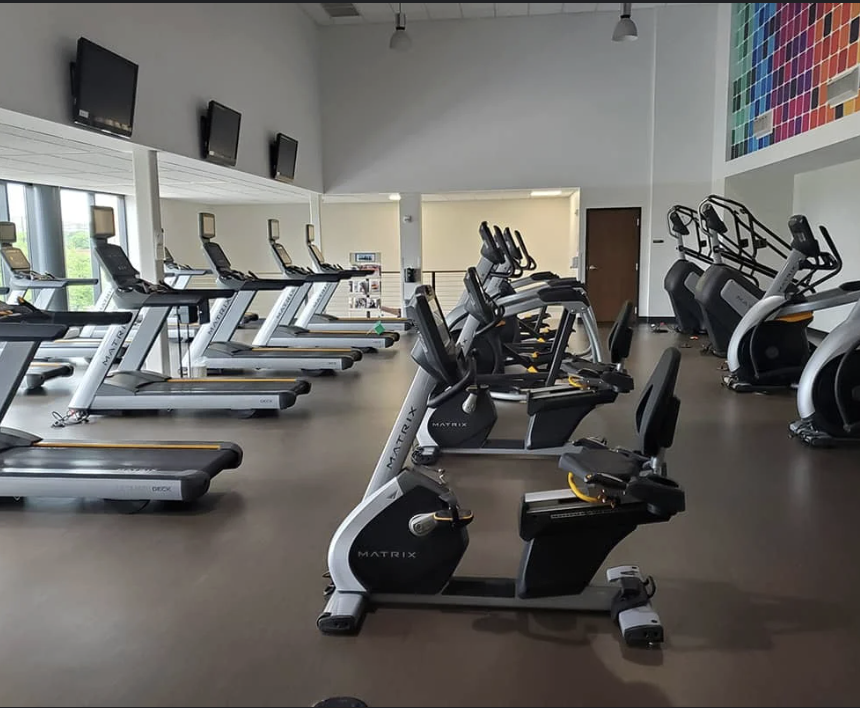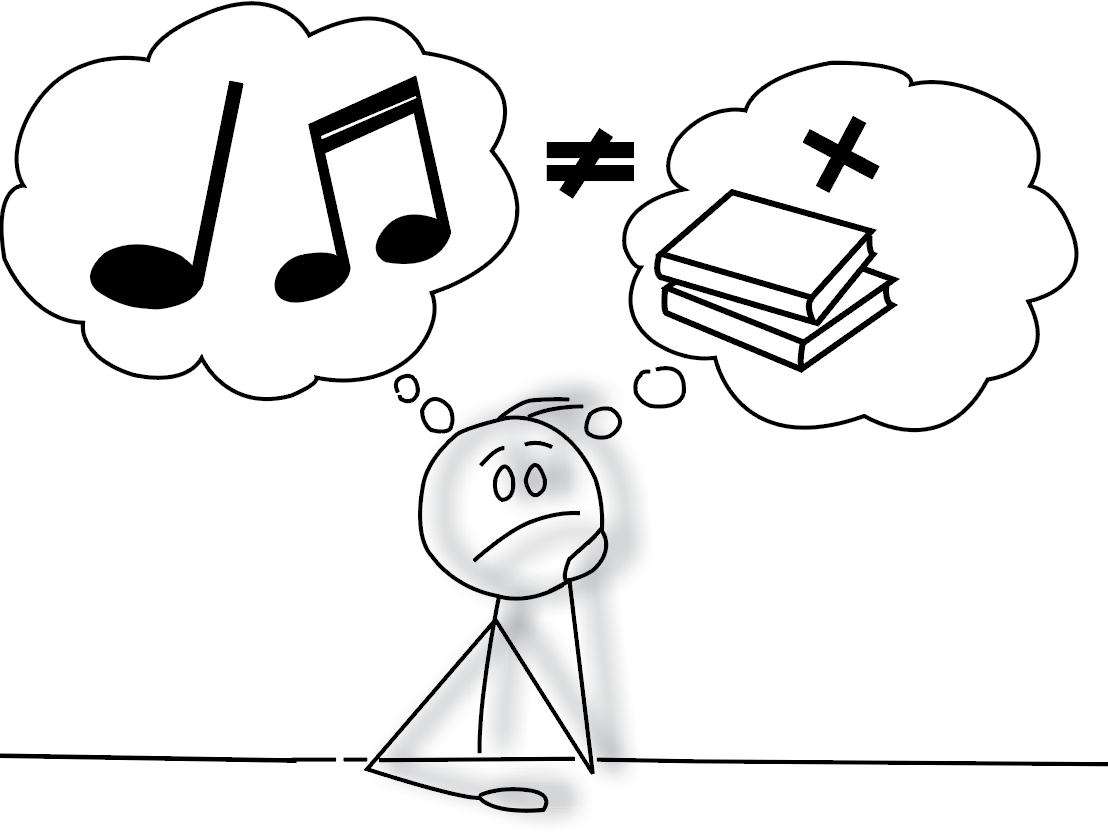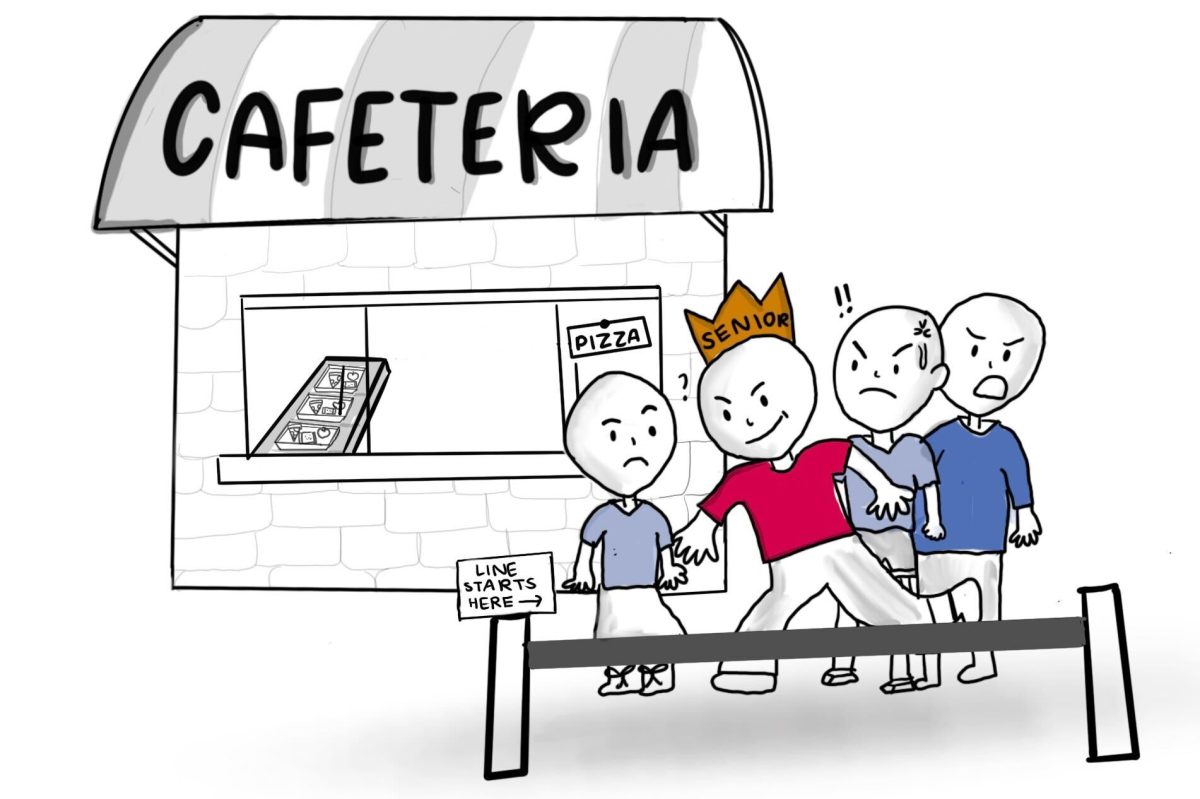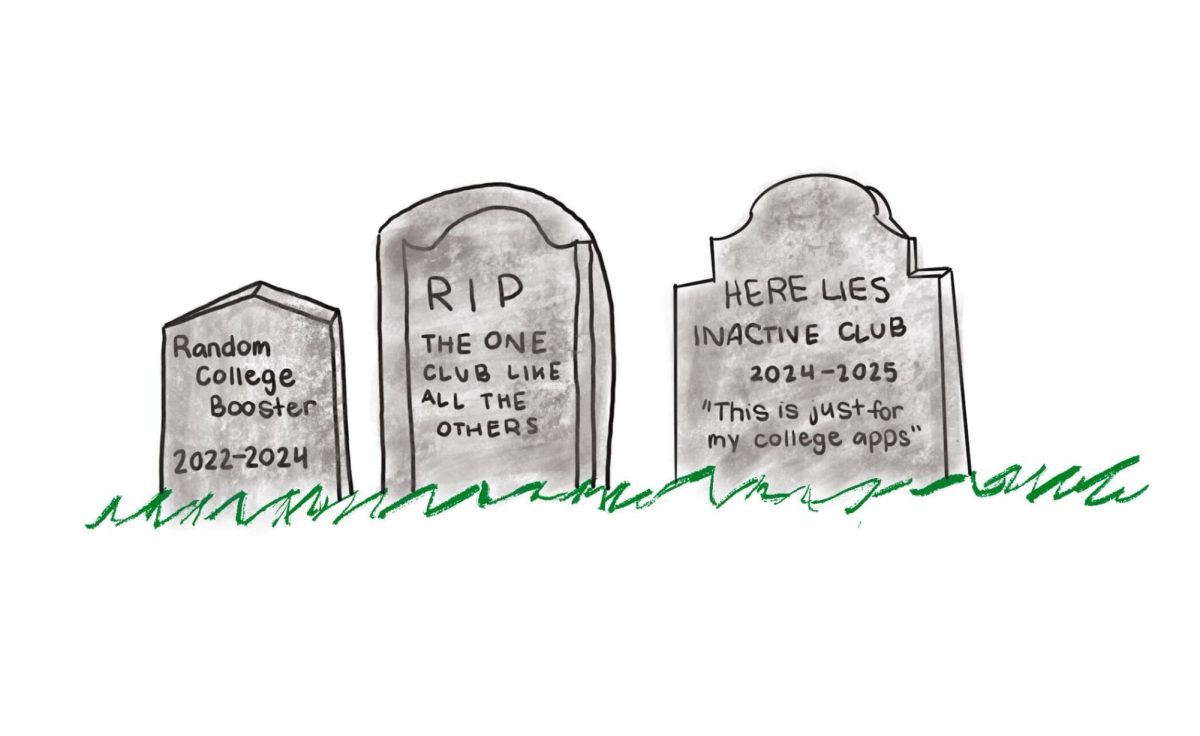After its conception in 2001, STEM — science, technology, engineering and mathematics — has quickly gained traction as the field ushering in American technological progress and prosperity.
Amid uncertainty surrounding opportunities in the workforce and soaring college tuitions, STEM subjects have been highly connected with employability, promising job prospects and security.
However, interest in the humanities has begun to dwindle with the surge of STEM. In the digital age, and especially with the spread of generative artificial intelligence (AI), many students don’t see the use of the humanities, disregarding it as archaic and irrelevant. As high school students decide their future areas of studies, humanities is often veered away from, stereotypically characterized as “unemployable.”
There is no doubt that STEM professions, like creating software and performing surgery, are vital. However, we also need musicians to connect us beyond the boundaries of language and writers to show us new worlds and engage our minds.
The humanities closely study the expanse of the human experience. From philosophy, which opens new worldviews and understandings of moral challenges, to the broad range of other disciplines, like literature and history, that allow us to express human emotion, the humanities is what strengthens our relationships with others and grounds our society.
In giving us a firmer appreciation for the human experience, an education in the humanities is not useless or self-indulgent. Rather, it encourages us to extend our compassion to others, teaching the empathy that is desperately needed amid rife social and political chaos.
With our country and the world deeply steeped in conflict – including the Israel-Hamas and Russia-Ukraine wars – the humanities promotes the civil exchange of ideas and dialogues across cultures, and stimulates critical thought surrounding human values and customs.
It is through the humanities that we grasp just how convoluted and unique the human experience is, and acquire a new understanding on how to navigate and survive in our complicated world.
Our society places value on clear-cut assurance, finding ways to quantify just about everything, from fitness trackers to online gradebooks. But the humanities shows us how to be human and derive meaning and joy in a world filled with issues and solutions that are far from clear-cut.
In our ever-changing society, innovation is not exclusive to our newest softwares or devices, but also in ideas — we need new ideas in order to reform and adapt. With our lives becoming increasingly technologically hyperconnected, we must remember that devices by themselves are simply that. It is only with the music, stories and other forms of entertainment circulated online — all originating from the humanities — that bring us joy.
Students, the humanities are indeed still relevant in the 21st century. STEM is simply one side of our multidimensional education, and it is only with the complement of the humanities that we can build a compassionate, balanced and resilient student body.

![Senior Tiara Monemi takes a comprehension test during Ms. Maletz’s AP English Literature test. “I feel like [the humanities] are very important,” Monemi said. “Some people just don’t know their history, so I think people need to place more emphasis on humanities education.”](https://whshoofprint.com/wp-content/uploads/2023/12/F8856516-06B3-496A-B24D-C414421AB697-1200x800.jpeg)







